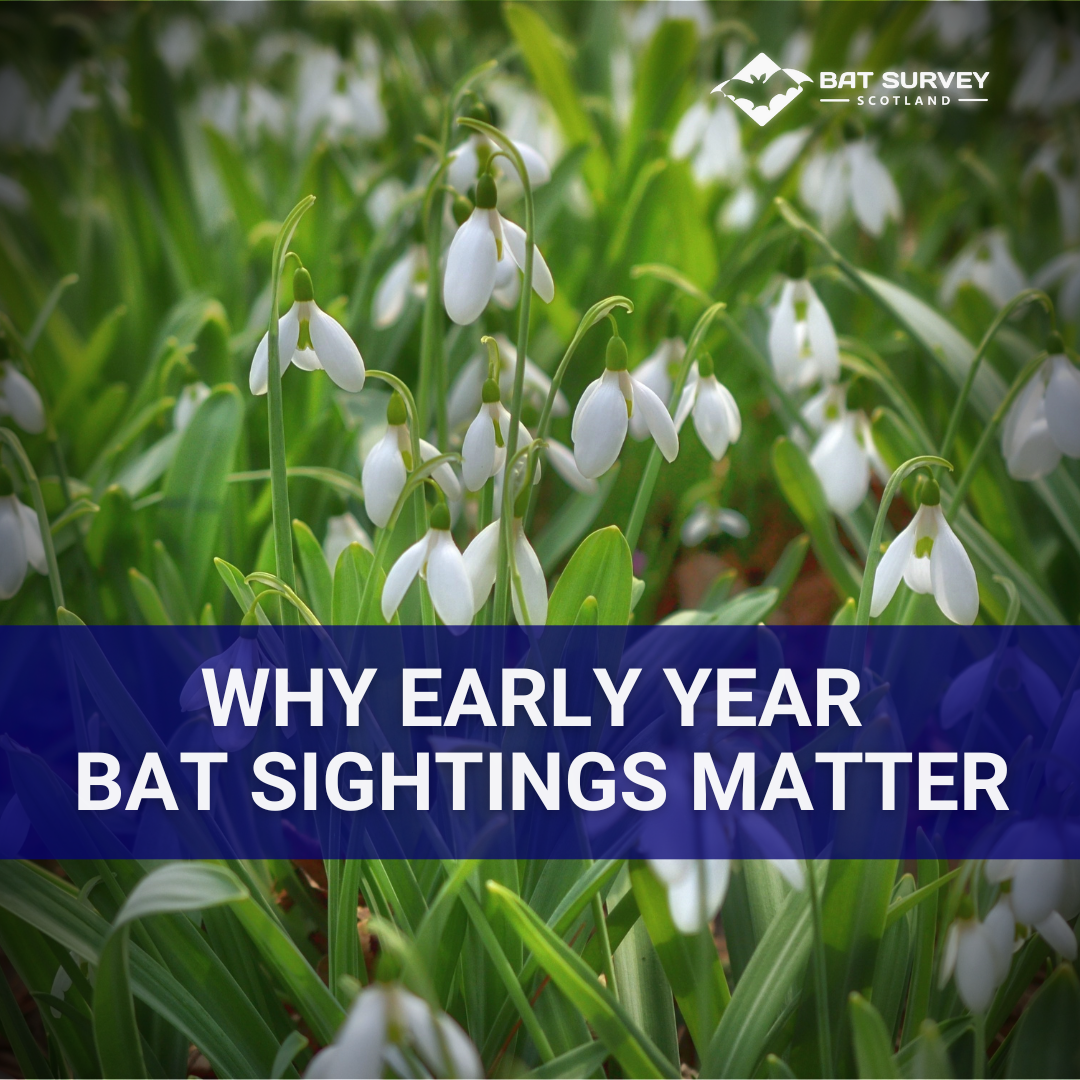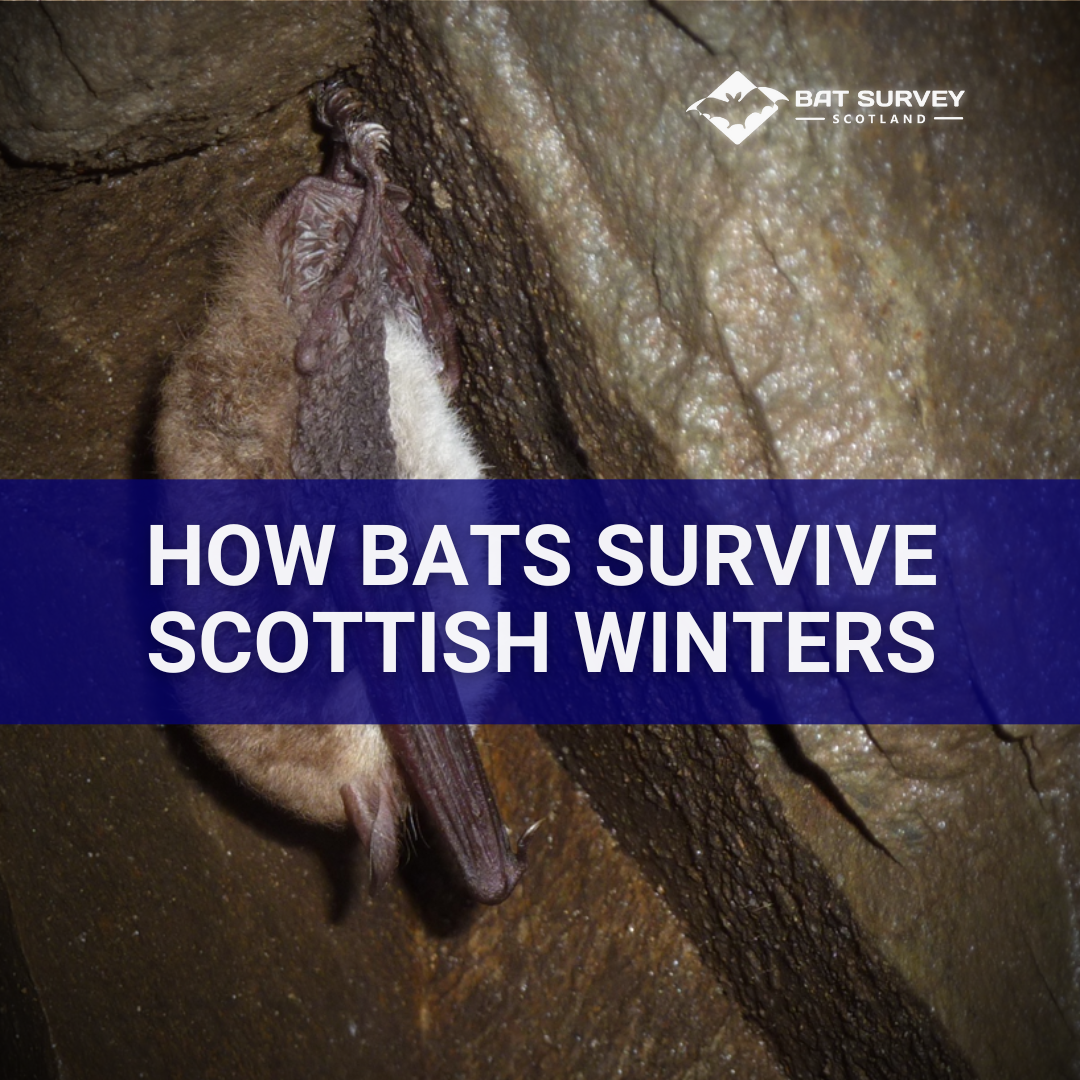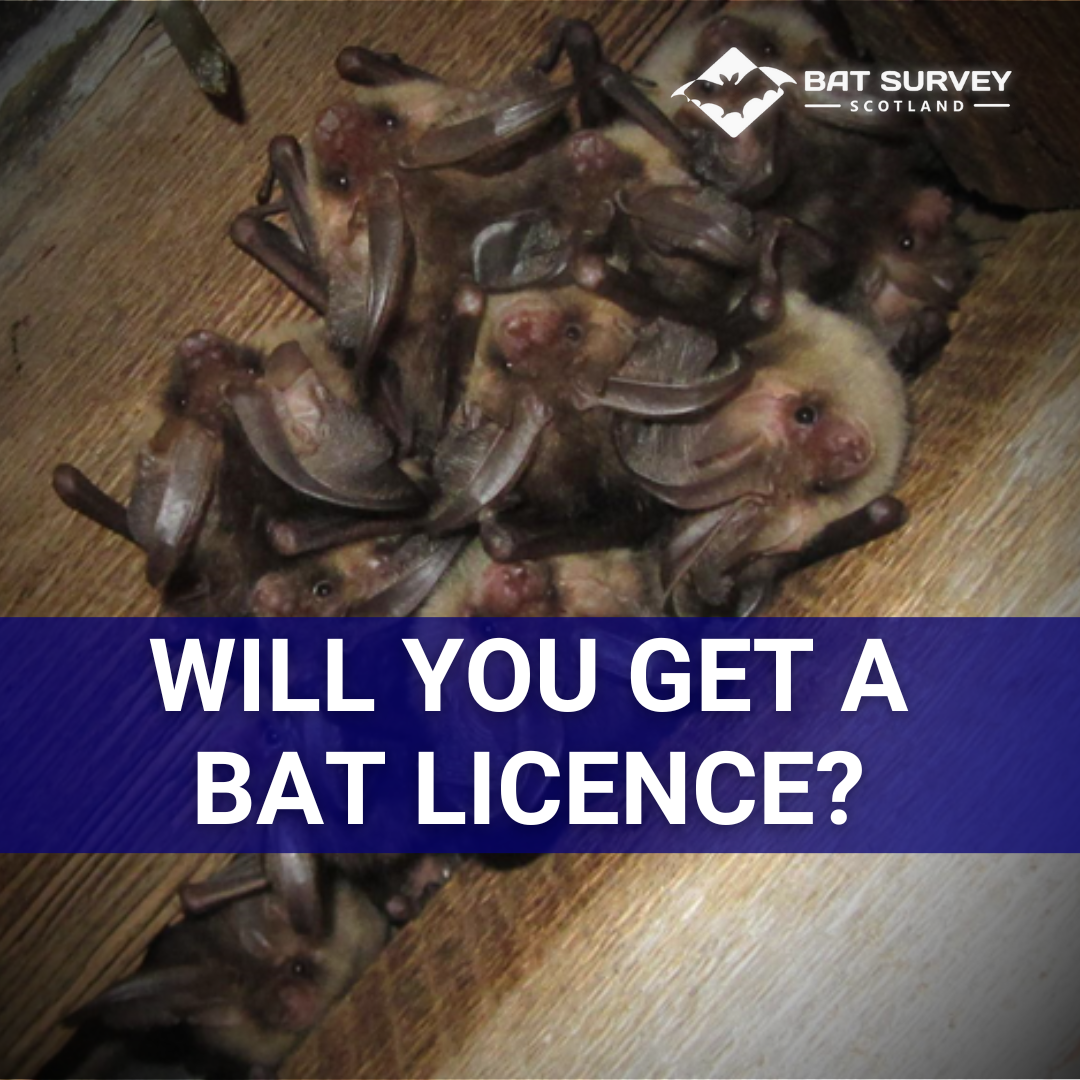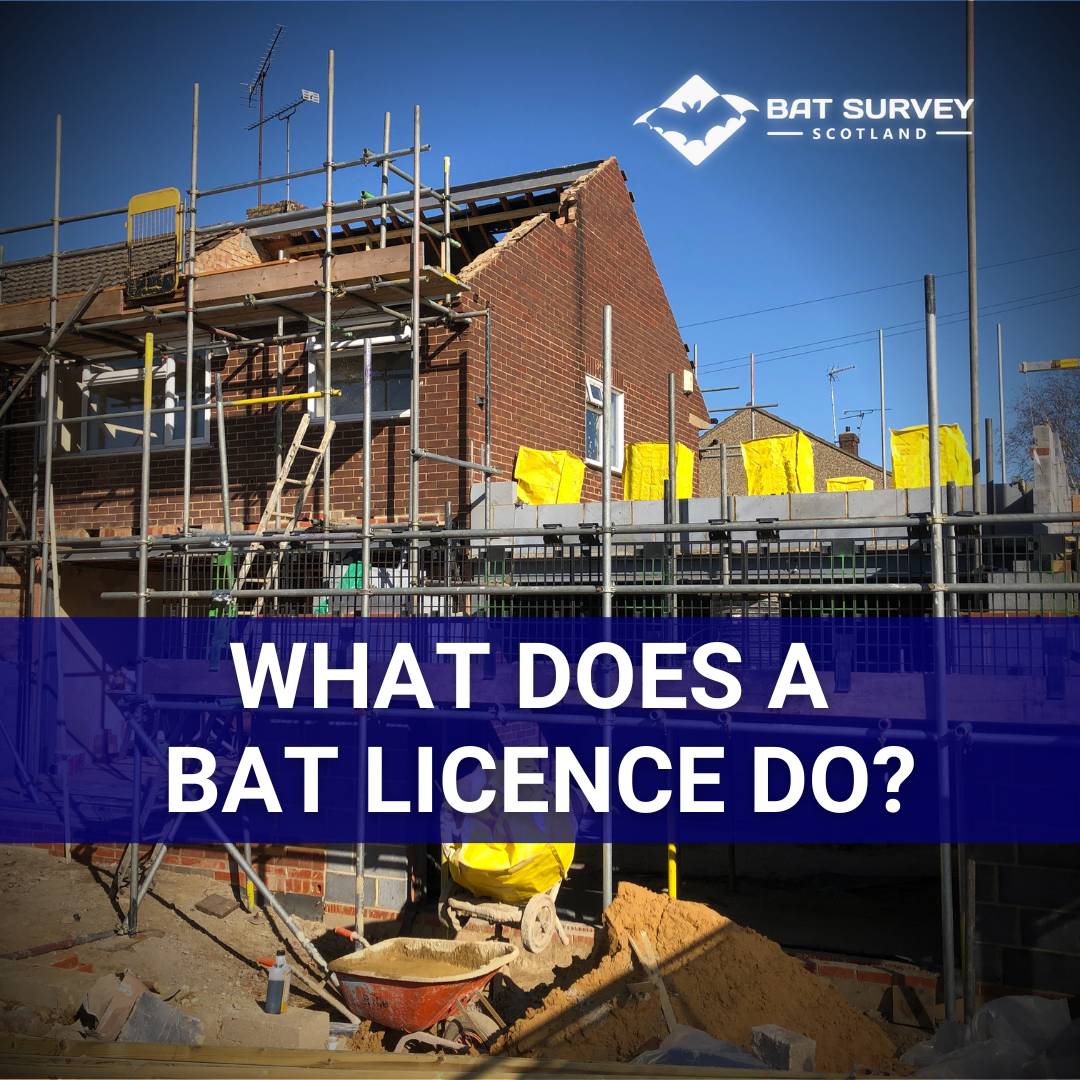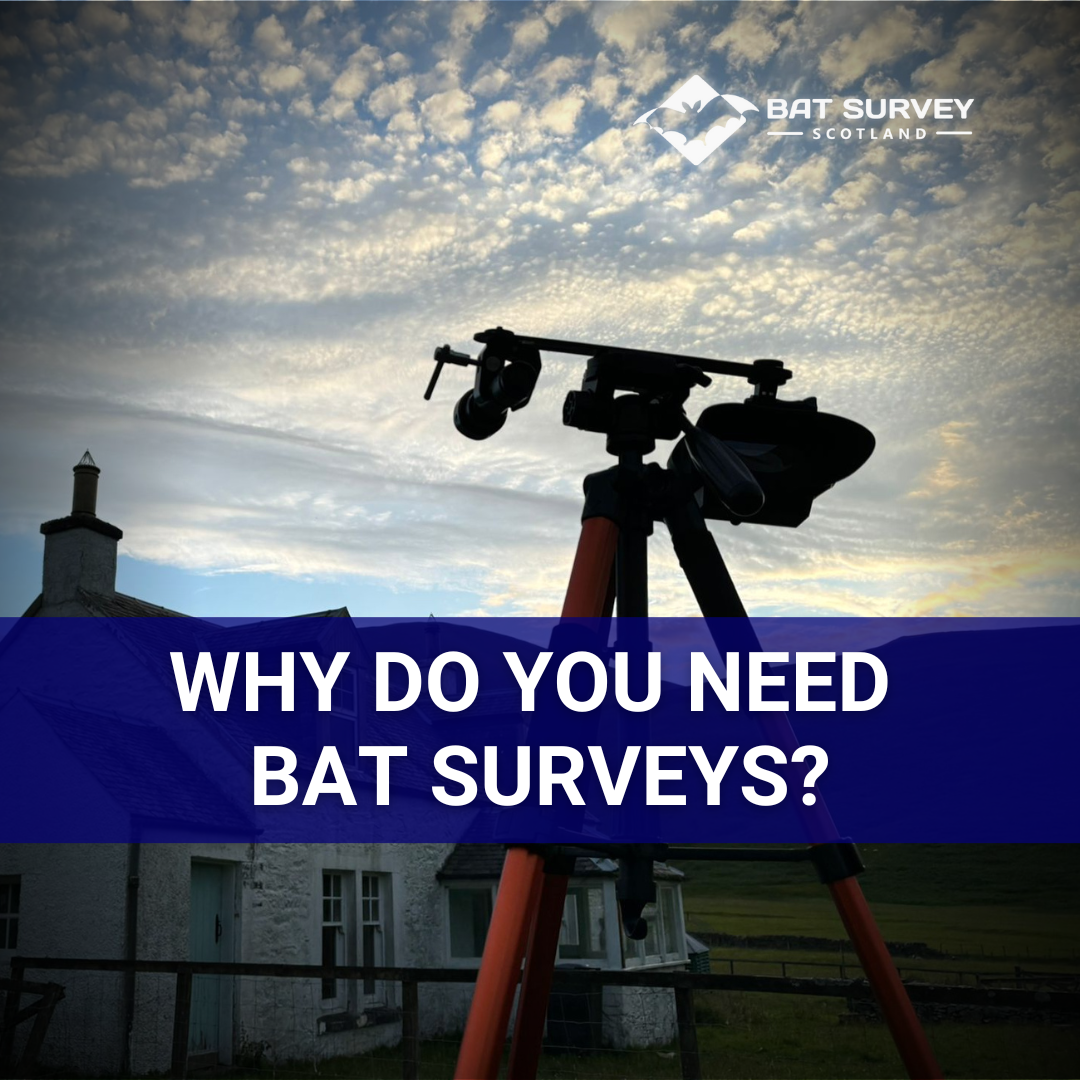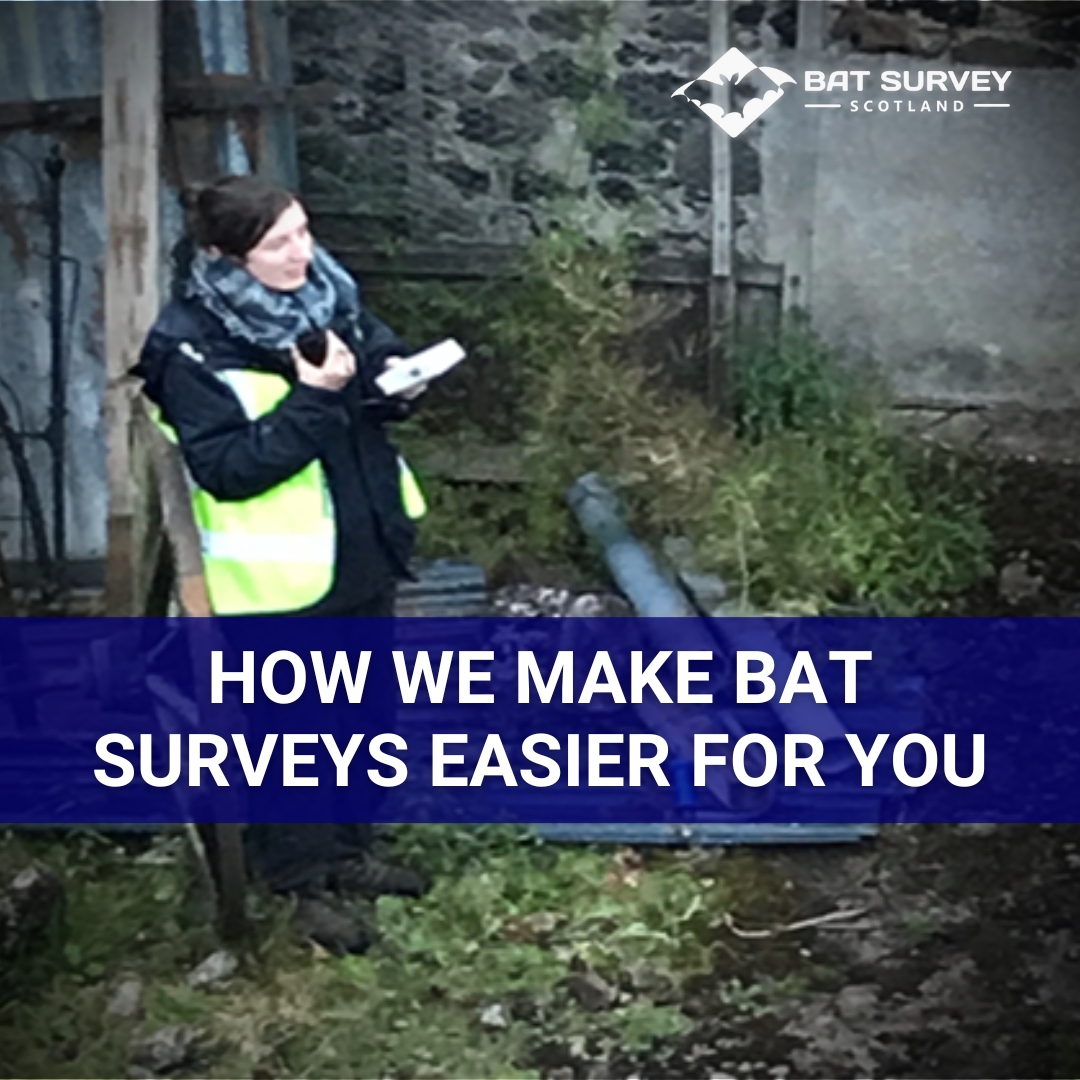How do you get a licence for a bat roost?
When planning a new development or renovation, it's important to consider the presence of bats and other protected species. Here is a quick overview of the licensing process for bat roosts to help your project proceed smoothly while staying compliant.
Bat surveys may be requested as you apply for planning consents, and they allow us to check for bats roosting in the building or immediate vicinity that may be impacted by your project.
Bats roosting in a roof that is being dismantled under supervision.
The Licensing Process
If a bat roost is found on your development site, we may need to apply for a licence from the relevant statutory nature conservation organisation on your behalf (Natural England, NatureScot, or Natural Resources Wales). This licence allows us to carry out activities that would otherwise be illegal, such as disturbing or destroying a bat roost. The licensing process involves several key steps:
Bat Surveys: These take place in two stages - you can read more here.
Mitigation Plan: We will then develop a plan to mitigate any negative impacts on the bats. This may include creating alternative roosting sites or modifying the development plans to protect existing roosts.
Licence Application: We will submit the survey reports and mitigation plan as part of your licence application to the relevant authority on your behalf. We work with NatureScot and Natural England on a regular basis, and will keep you informed as your application progresses.
Implementation: Once the licence is granted, we will implement the mitigation measures and help you proceed with your plans, ensuring ongoing compliance with the licence conditions.
Legal Framework
The legal protection for bats in the UK is robust. Under the Wildlife and Countryside Act 1981 and the Conservation of Habitats and Species Regulations 2017, it is illegal to:
Deliberately capture, injure, or kill bats
Damage or destroy a bat roost
Deliberately disturb bats - that means anything that changes the bats’ behaviour
Being unaware is not a defence, it is also illegal to recklessly do any of the above actions
Failure to comply with these laws can result in significant fines and even imprisonment. Penalties for bat-related offences can reach up to £5,000 per bat affected or six months imprisonment. The largest fine related to a wildlife crime in UK history was handed out to a developer who destroyed a bat roost, totalling over £600k.
If in Doubt, Get in Touch
Engaging with us early in your planning process will help avoid costly delays and ensure compliance with legal requirements. By reaching out in advance, we can:
Schedule surveys at the most suitable time
Identify potential bat roosts before they become an issue
Design appropriate mitigation measures early in the process
Create space for the licensing process (which can take time)
Avoid legal penalties and project delays
If you think you need a licence
It’s never too early in the life of your project to get in touch. We can help you plan your surveys in advance so your project runs without a hitch.
Get in touch with our specialist ecologists today for advice or a no obligation quote.
If you need a bat survey (or think you might) get in touch with our team of specialist ecologists!
Or read more of our latest blogs:


